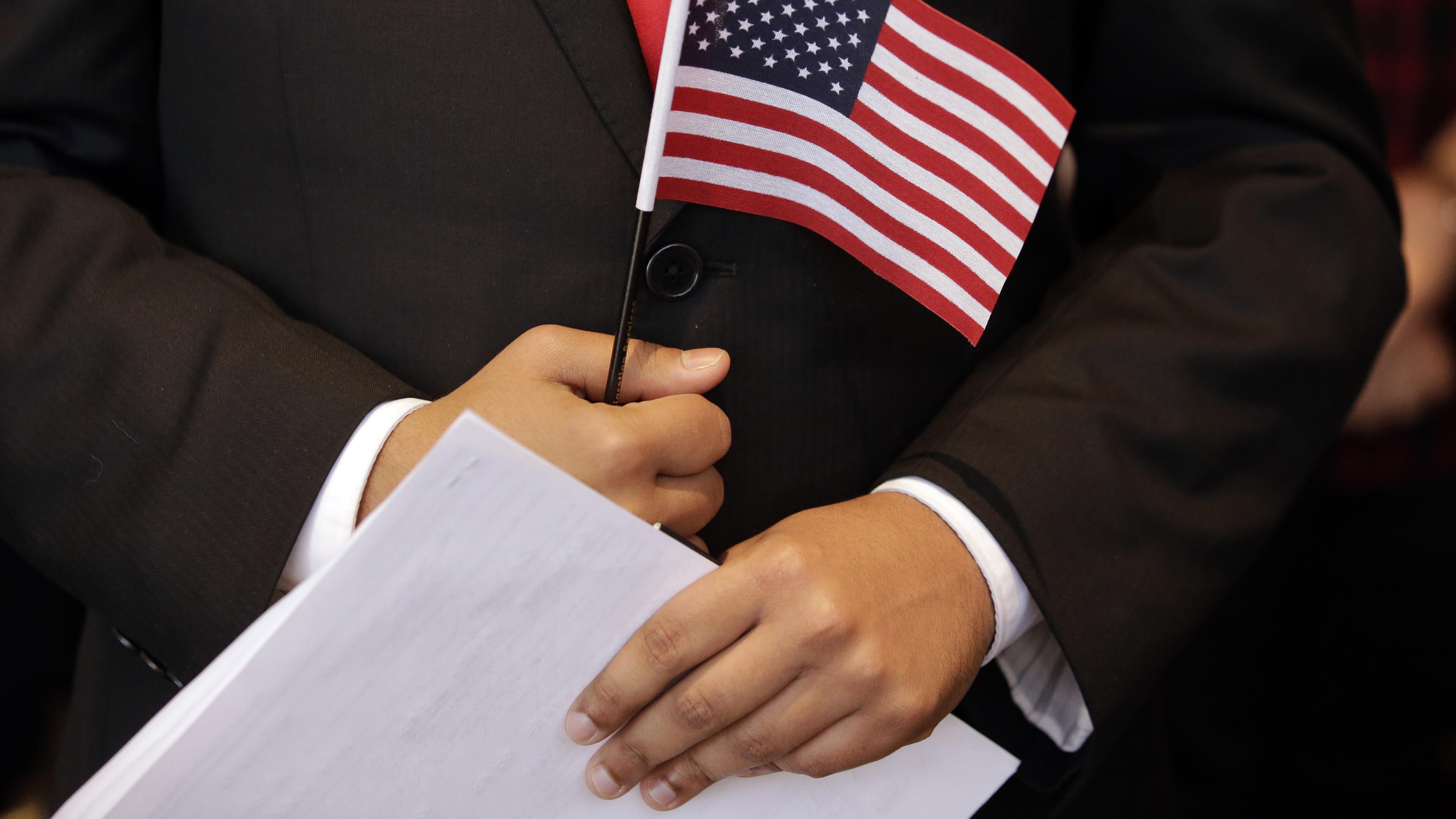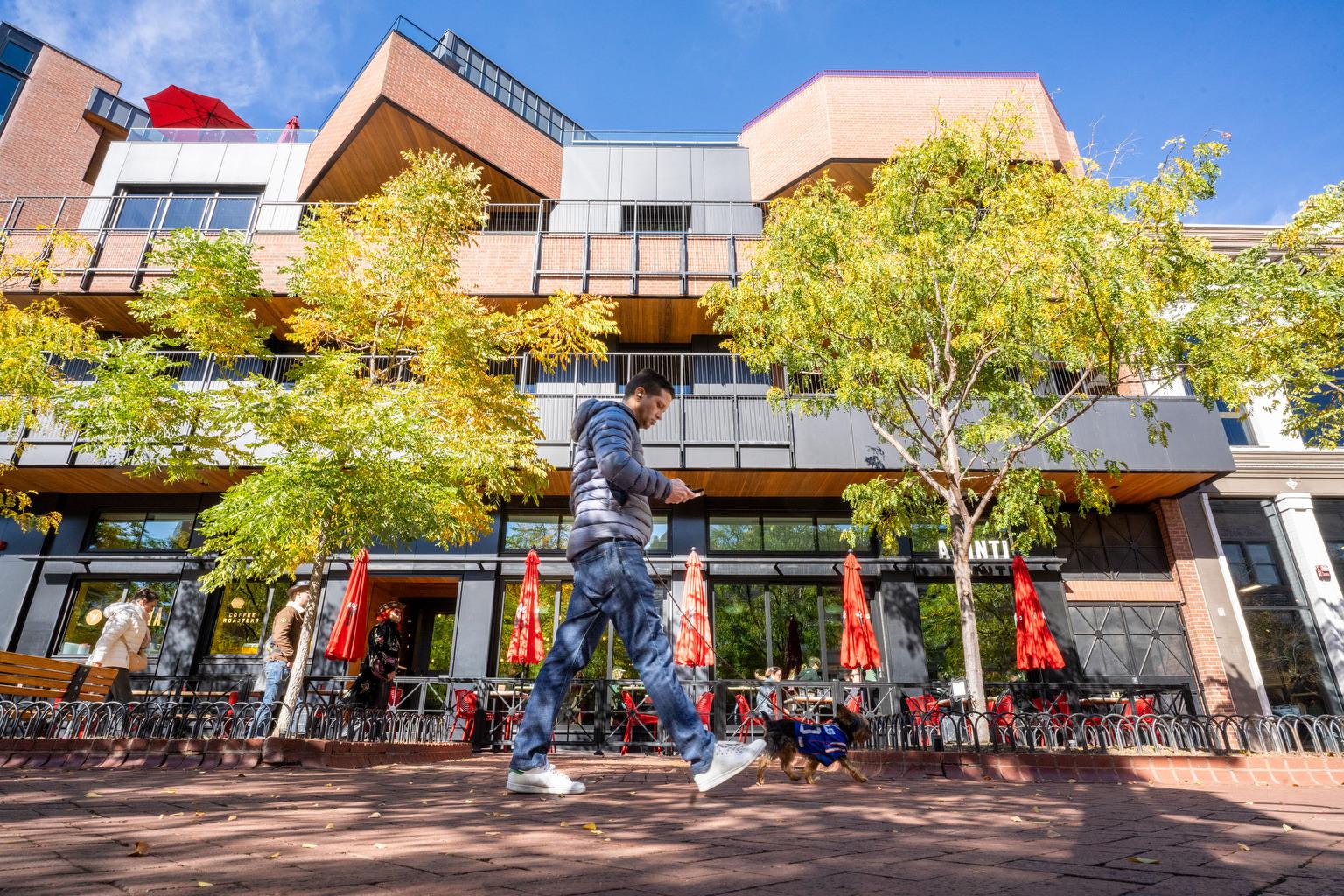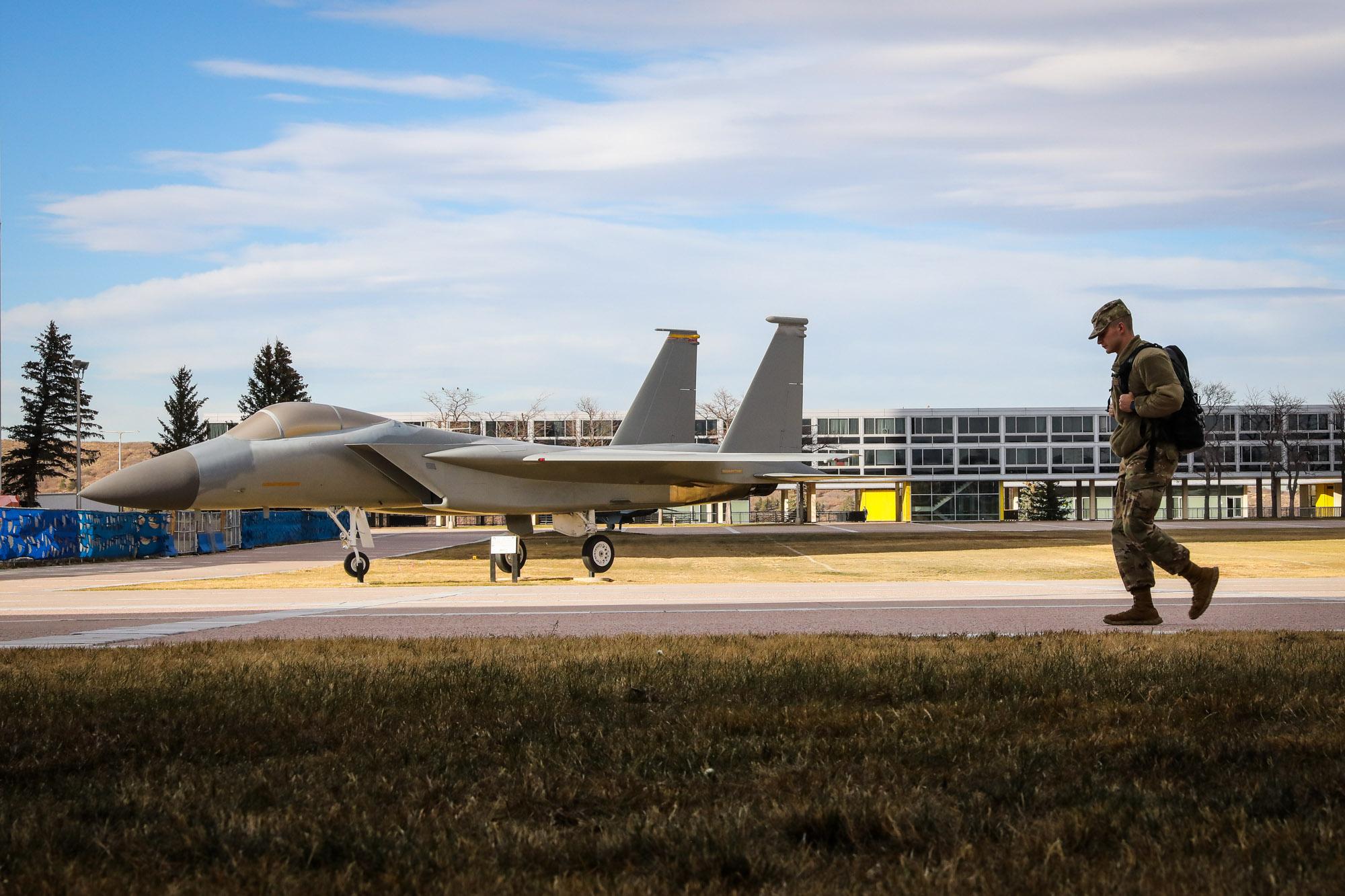
Sept. 16, 2019, 11:15 a.m.: This story has been updated with comment from the U.S. Citizenship and Immigration Services.
Colorado's backlog of more than 7,500 naturalization applications is negatively impacting applicants' voting and civil rights, according to a new report.
Applications currently awaiting processing by U.S. Citizenship and Immigration Services will not be completed in time for the 2020 presidential elections, according to the report. And individuals who are interested in government and certain science jobs will be unable to apply until their applications are processed.
“There are a lot of impacts on voting, on employment, on access to public benefits that are material,” said Ming Hsu Chen, professor and director of the Immigration and Citizenship Law Program at the University of Colorado Law School. “In this climate, where the administration is so focused on immigration enforcement, immigrants are not completely safe in the way that citizens are from getting caught in that dragnet of enforcement.”
Backlogs in naturalization applications are not new for immigration officials. The number of applications has steadily increased over time. There were 986,000 applications in 2017, versus about 210,000 applications per year in the 1980s.
Historically, the number of applications rise ahead of election years. That held true in 2016, according to the report. But Chen said the USCIS offices that handle the applications typically anticipate the increase and plan for it.
Nationwide, over the last decade USCIS doubled its workforce to 20,390. USCIS Spokesperson Jessica Collins pointed to the increase in applications as the main factor in the nationwide backlog.
She said the agency has made adjustments to accommodate the increase including "a range of process and operational reforms." Those include hiring additional staff and expanding their facilities.
Despite the workload, Collins said USCIS is completing more citizenship applications than ever before. In 2018, the agency reached a five-year high in both new oaths of citizenship and the number of applications processed. That year, 756,000 people became citizens through the process.
Colorado experienced an increase in applications around the 2016 election, Chen said, but the number of people applying for naturalization has decreased to preelection levels. The USCIS Denver Field Office also increased its staffing, yet the backlog has persisted. The average processing time at that office is between nine and 22 months.
The report includes data from July 2018 to September 2018, and at that time, Colorado had 9,325 naturalization applications pending, making it among the 10 worst states in the country for backlogs, Chen said.
The Colorado State Advisory Committee to the U.S. Commission on Civil Rights compiled the report, which was directed by Chen. The report calls on USCIS to meet federal law timeline requirements for processing applications. It also suggests Congress provide funding to address the backlog.
Nationally, more than 700,000 people are waiting to learn about if their naturalization application has been approved. The backlog wait times range from 10 months to nearly three years, according to the report.









